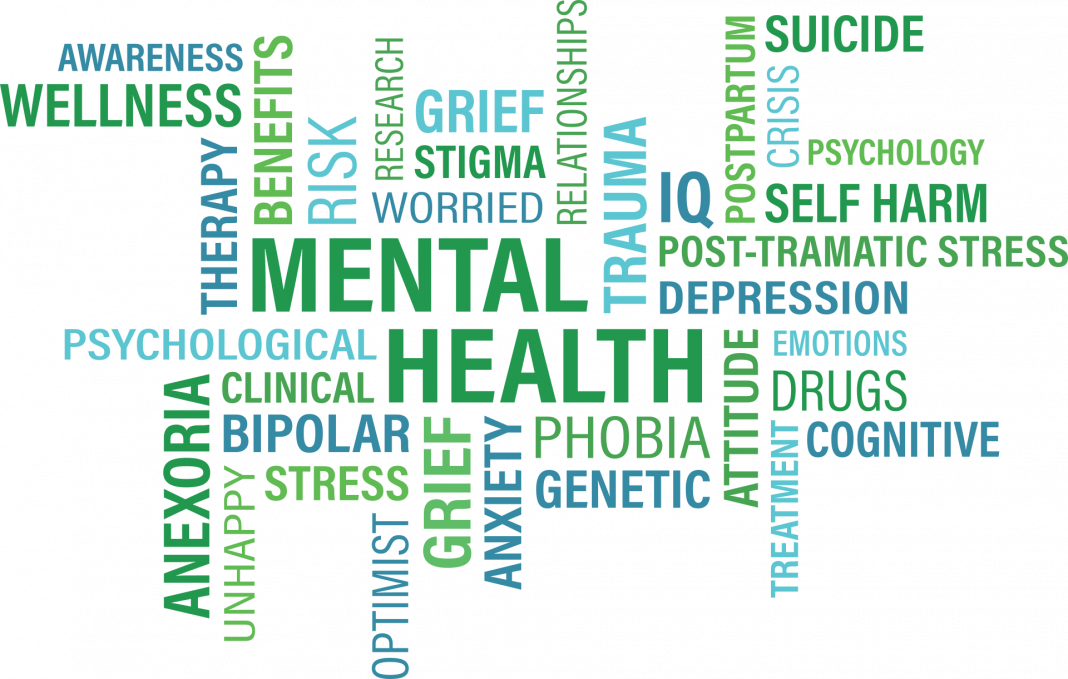The prevalence of mental health issues is on the rise, but prevention is available. There is hope for those who suffer from mental health issues, and many of them can recover entirely.
Mental health can be improved through preventative measures. In other words, it implies preventing the development, aggravation, or recurrence of disorders related to mental health.
Many things affect our mental health, including our past (such as our families, relationships, and how we view ourselves) and our societal conditions.
What Is Mental Health?
You can think of your mental health in terms that influence your thoughts, feelings, and behavior. Additionally, it influences how you deal with pressure, interacts with others, and make decisions. It is critical to maintain a healthy mind throughout your life, from childhood to maturity.
Your thoughts, emotions, and behavior may change over time if you suffer from mental health issues. Many health issues can be averted with the appropriate treatment, even if it is not feasible to prevent all mental ill-health.
Different Forms Of Prevention
Regardless of the present state of mental health, everyone may benefit from prevention. The state of mental health varies for everyone.
There are three forms of prevention.
- Primary Prevention
Preventing mental health issues at their onset is referred to as primary prevention. Mental health prevention and promotion are the primary goals of this initiative. It is frequently aimed towards and beneficial to all members of the community.
Campaigns like Mental Health Awareness Week or teaching youngsters about mental illness are examples of anti-stigmatization efforts.
- Secondary Prevention
Preventing mental health issues in people who are at a greater risk of developing them is secondary prevention. This focuses on helping those who are more likely to suffer from mental health issues, either due to their genetic makeup or the experiences they’ve encountered.
- Tertiary Prevention
Helping persons with mental health issues to maintain their health is tertiary prevention. This aids those with mental health issues in maintaining a healthy lifestyle and improving their quality of life. Reducing symptoms, increasing self-advocacy, and decreasing relapse are all goals of this treatment.
How Can You Prevent Mental Illness?
For those with mental illness, controlling stress, increasing resilience, and improving poor self-esteem may help alleviate symptoms.
Here are the steps you should take:
- Don’t Ignore The Signals
If your symptoms or mood shift, make an appointment with your doctor or therapist right away. Watch for warning indicators by enlisting the help of family members or friends.
- Get Regular Checkups
Even if you’re feeling under the weather, don’t skip your regular doctor’s appointments. It is possible that you have a new health issue that needs to be addressed, or that you are experiencing the negative effects of your current medicine.
- Share Your Feelings
Friends that are there for you in times of need may lift your spirits, make you feel cared for, and provide a fresh perspective on life’s challenges. Work on family ties, let go of past grudges, or offer your time to help others.
- Sleep Well
Go to bed early and get some relaxed naps. Having trouble sleeping may hurt your mental health, as can a lack of sleep.
- Healthy Food And Mediation
Consume plenty of healthy foods. Emotional health and well-being can both benefit from a well-balanced diet. Meditation is an excellent approach to cultivating an awareness of the here and now.
Final Words
In a nutshell, mental health issues are the most concerning factors these days. Getting enough sleep, eating healthily, and engaging in regular exercise are essential.
Make an effort to follow a routine. To get answers concerning sleep issues, food, or physical activity, make an appointment with your health care practitioner. If you or someone you know close to you or not and is having thoughts of suicide, a prevention hotline can help. The National Suicide Prevention Lifeline is available 24 hours per day at 800-273-8255. You can also visit FreeMentalHealth Choose the state where you are located and get free Mental health in your area it is important if you or some one you know who is showing signs of mental health issues to seek immediate help by calling the number above and visiting the website mentioned in order for yourself to become a better person in life.










